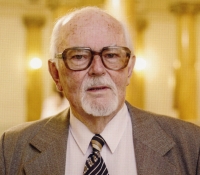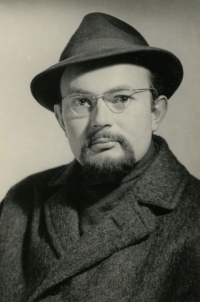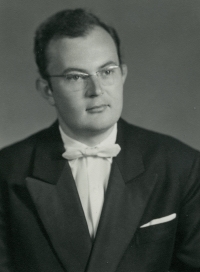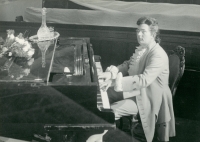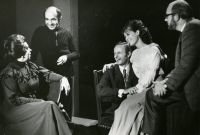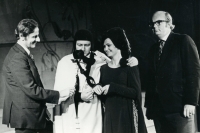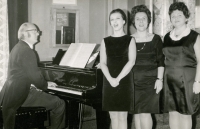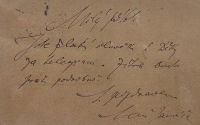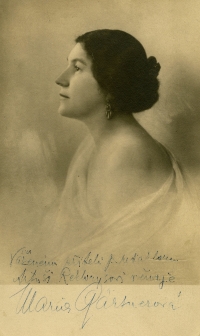Quality repertoire was made in Pilsen even in difficult times
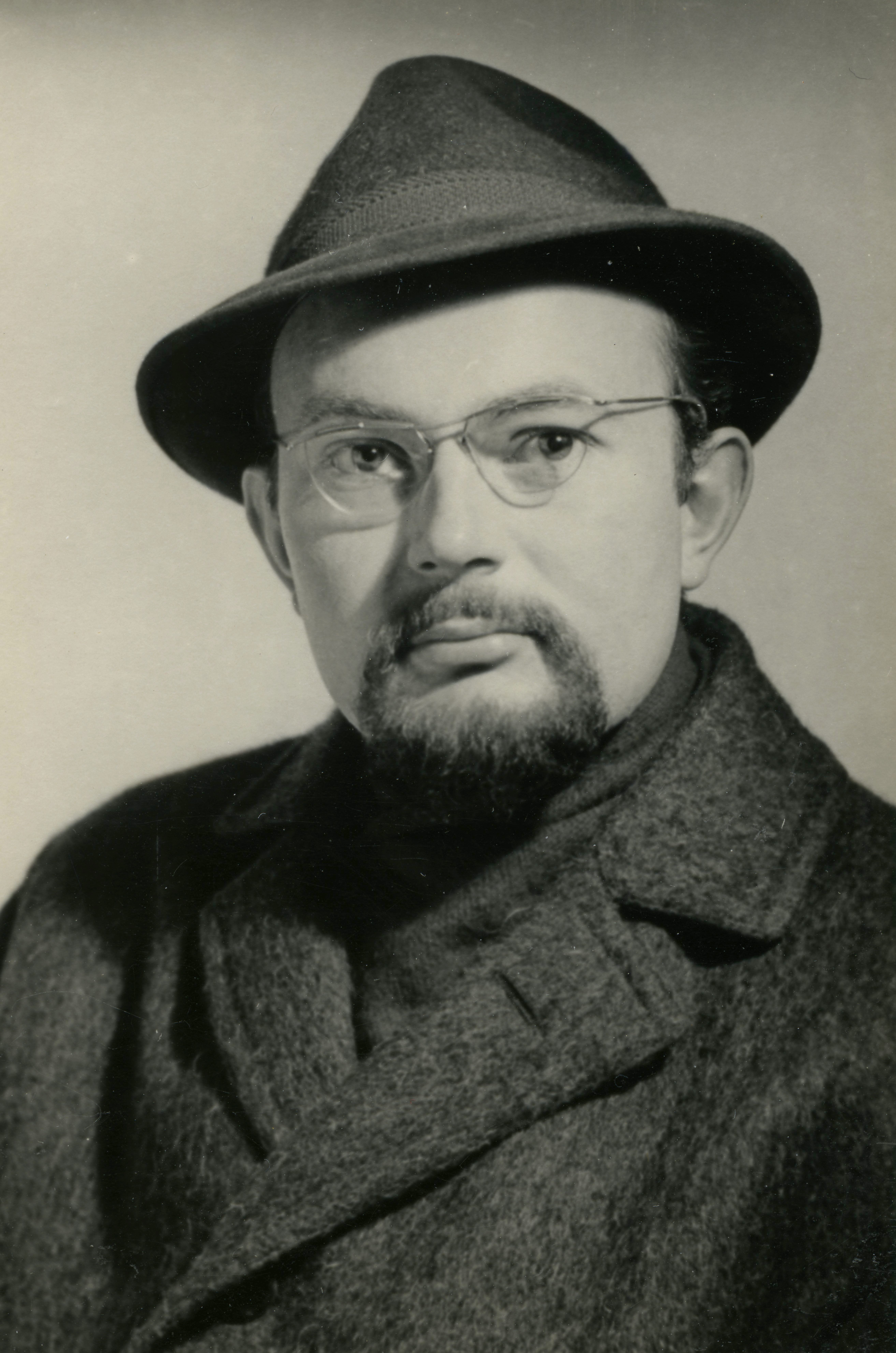
Stáhnout obrázek
The composer Rektorys Artuš was born on 29 April 1935 in Prague. His grandfather and the bearer of the same name was the author of monographs on Czech singers and the editor-in-chief of the music magazine Smetana. Artur Rektorys studied composition and piano and horn at the Prague Conservatory. From 1958 he was a member of the orchestra of the J. K. Tyl Theatre in Pilsen, but he also worked in the Pilsen Radio Orchestra and collaborated with a number of local musical and theatre ensembles, including the Pilsen horn ensemble Musica venatoria Pilsensis and the drama group of Jana Klatovská and Jiří Chmelař. Since 1974 he has worked at the Pilsen Conservatory. He is the author of many chamber and vocal compositions, his music has accompanied dozens of radio plays and fairy tales as well as dramas. He has composed incidental music for thirty-five productions, mainly directed by Ota Ševčík. He was still a mainstay of the theatre‘s archive at the time of the filming in 2024.
